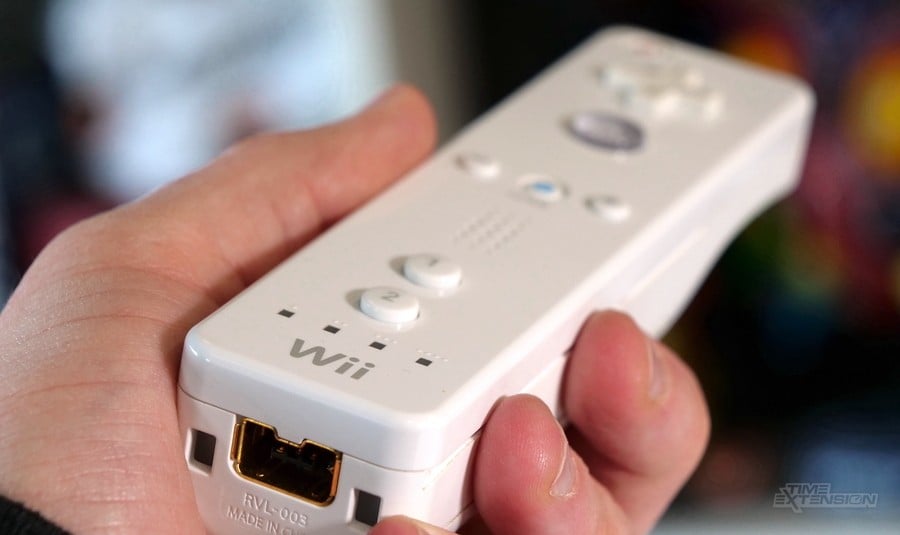
The group of developers behind Dolphin, the popular Nintendo GameCube and Nintendo Wii emulator, has posted its latest blog post, documenting some of the major changes it has made over the last couple of months, since its previous progress report.
Among the headline features, which were documented within the post that was published earlier this week, are an improved focus on stability as well as improvements to Bluetooth Passthrough, allowing for greater Wiimote compatibility.
In regards to the topic of stability, the biggest update the team shared as part of the blog post is that it has now enabled single core mode by default on certain devices.
In the past, Dolphin had traditionally had Dual Core mode enabled as standard which was great for improving performance on lower-end devices but also led to some instability, including unwanted crashes. As a result, the team at Dolphin have been busy over the span of years to try and squash some of these issues with using Dual Core mode and offer alternatives, but have only ever had limited success.
Luckily, though, as the team go on to mention in this more recent progress report, it appears that time has presented them with another solution, with most desktop users having setups that are more than well equipped to handle Dolphin. This means Single Core mode should be enough to run things fairly comfortably. So, to encourage more people to use it, the team has set Single Core as the default on desktop, which should hopefully improve stability for most users, with the option being available to switch back for those who want it.
Right now, this doesn't apply to Android, with the team stating in the post, "we don't think it's time to swap the default there yet" and that Dual Core will remain the default on those devices.
As for the other major headline regarding greater Wiimote compatibility, as the team notes, in the past, there have been some reoccurring issues encountered with connecting Wiimote controllers to certain platforms, which mostly seems to be the result of specific quirks related to having to deal with each operating system's individual Bluetooth stack.
The solution they've come up with, therefore, has been to take advantage of a Bluetooth Passthrough, which allows them to "'pass through' a Bluetooth adapter directly to the emulated Wii" as opposed to experiencing "the headaches of dealing with unwieldy operating system Bluetooth stacks".
However, as they noted, it appears that once they did this it was revealed that certain modern Bluetooth adapters were incompatible with this approach, so the team had to overhaul this feature to support these adapters (based on the Realtek RTL8761 chipset), ultimately improving overall performance in the process.
You can read the full blog post here.





